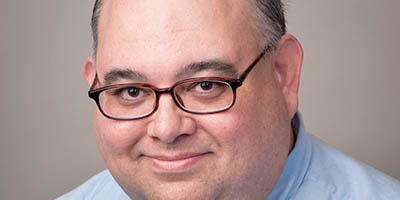by Michael Podrebarac
To sing or not to sing, that is the question.
Not really, because we’ve already established that music and the sacred liturgy go hand in hand, that music is called for in the celebration of the Mass.
Previously, we looked at the dialogues between the priest (or deacon) and the congregation, as well as certain prayers of the Mass, as being the foundational music of the Mass, according to the 1967 document “Musicam Sacram” (“Sacred Music”) issued by the Holy See. These various dialogues are of “first-degree” importance when it comes to liturgical music.
Of “second-degree” importance according to “Musicam Sacram,” belong “(a) the Kyrie, Gloria and Agnus Dei; (b) the Creed; (c) the prayer of the faithful” (MS, No. 30). These parts (with the exception of the prayer of the faithful) we often refer to as the “ordinary” music of the Mass because their texts do not change, but remain the same week after week. The Sanctus is also part of the ordinary of the Mass, along with the memorial acclamation. Of course, rarely in the vernacular liturgies of the Roman Rite is the Creed sung.
What should we consider when looking at this particular degree of liturgical music?
First of all, these texts should ordinarily be sung by both the choir or/and the congregation. In practical terms, this means that the texts themselves (whether sung in the vernacular languages or Latin) should be sung just as they are given in the liturgical books. Likewise, the number of different settings used by a given community should be fairly limited so that they will remain familiar to all. Finally, the musical settings of these texts should be within the abilities of the particular community, and well-written, to stand the test of time.
As was pointed out earlier, the sung dialogues at Mass demonstrate the unity of the body of Christ, both head and members. The “ordinary” acclamations of the liturgy demonstrate our need, as members of his body, to offer prayer to the Father, to acclaim God’s praise and invoke his mercy, and to profess together what we believe as Jesus’ disciples.
While on earth, Jesus prayed to his heavenly Father, offered him praise and called forth his mercy, and taught us the truths about the kingdom of God. In our liturgical singing, we make these actions of his present in our time, in his name, for our sake, and for God’s glory.
Again, many may be surprised that the church, in fact, considers the music used during the entrance procession, the procession of gifts, and the Communion procession to be of the last “degree” of importance. But this does not mean that they are not important.
Stay tuned.


